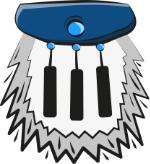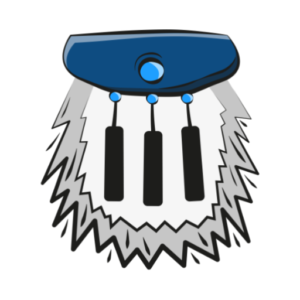Sometimes when we’re playing, working away on material, we feel as though no progress is being made. Call it what you will, hitting a plateau, bashing your head against a brick wall or whatever else. It’s not a nice feeling because it can kill momentum.
Before getting fancy and looking for online courses or looking for the latest trend in learning, remind yourself that piano is one of the hardest instruments to learn. The fact you’ve started is excellent and any progress you’ve made is worth giving yourself a pat on the back.
It can also be a lonely world when you’re learning piano. My lessons are 1-2-1 and I teach in this format too. I also teach group lessons, have fortnightly live sessions and this year I’ve started having 3 recitals a year. The reason for this is community. It’s really good for you to be with other like minded musicians.
A common phrase I hear is things like “I don’t want to join a community because I’m not good enough”. The right community will be full of encouraging musicians who appreciate there are loads of levels of ability. The best musicians I’ve worked with have also been the most accepting of ability. It’s the snobby ones who think they’re brilliant who often aren’t the best.
Anyway, dealing with a plateau.
It’s such a sweeping statement. The chances are that there is only 1 or 2 parts of your technique that are slowing down your progress at the moment. The key is to figure out what they are. For example, recently I wrote about trills in 3rds and fast octave passages. I know that these are locked doors to some wonderful repertoire that once I master them I’ll be able to play.
Other examples could be cross overs in scales or arpeggios, reading ledger lines, fast repeated notes, playing really quietly or uneven rhythms. It doesn’t matter what you’re playing. These issues can sneak up and bite you when you least expect it.
Once you narrow down exaclty what the problem is you can start to attack it. Find a teacher, jump online and look for videos or communities who can help. Once you find a potential solution, warm up with it for five or ten minutes at the start of your practice sessions at very slow tempos and build on it.
If you’re stuck, just ask me. I don’t mind helping where I can.
One final thought. Progress is relative to the time you’ve been playing. You’ll progress faster in the first few years that you do after playing for 10+ years. Don’t beat yourself up. Just reach out.

